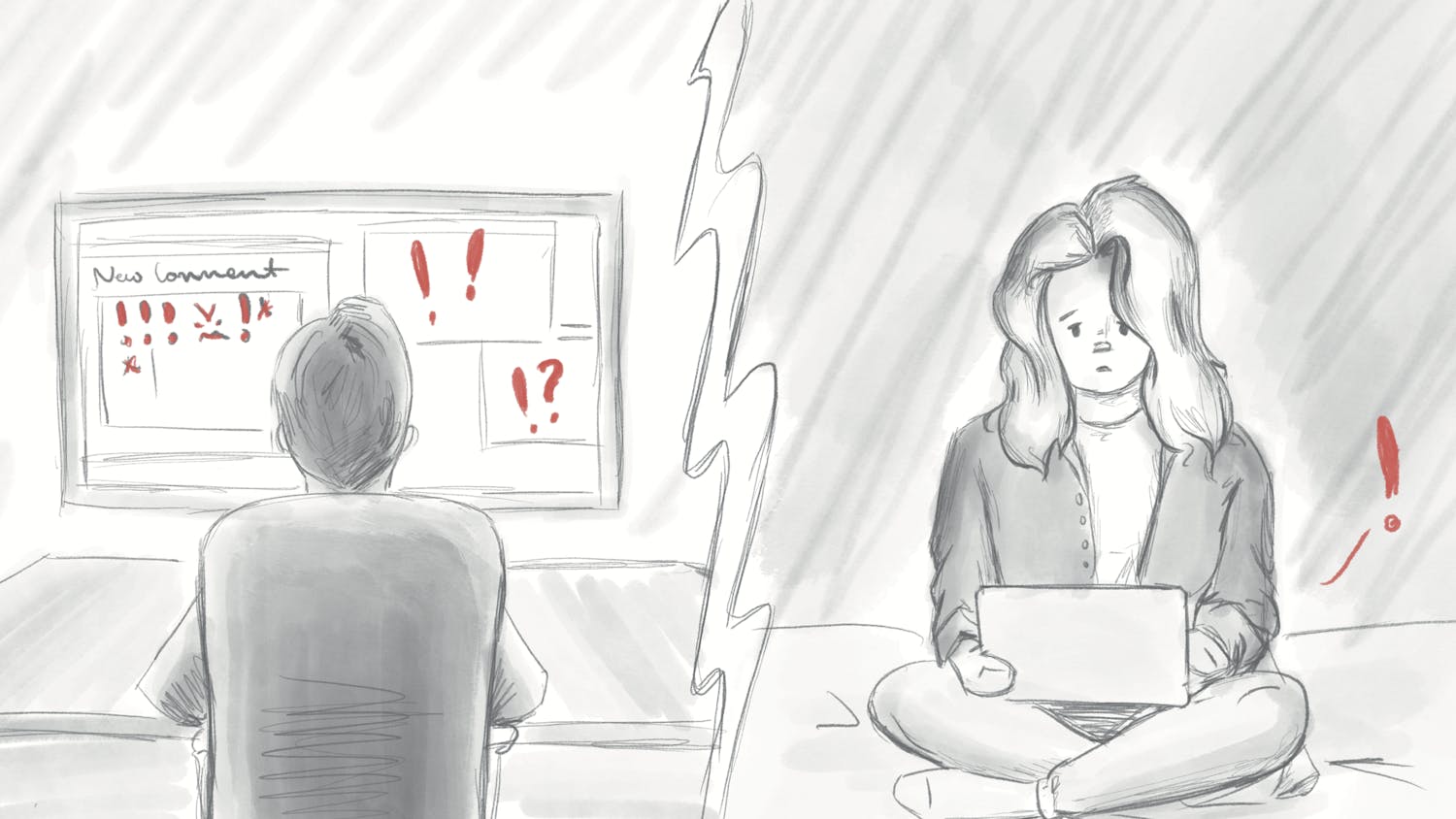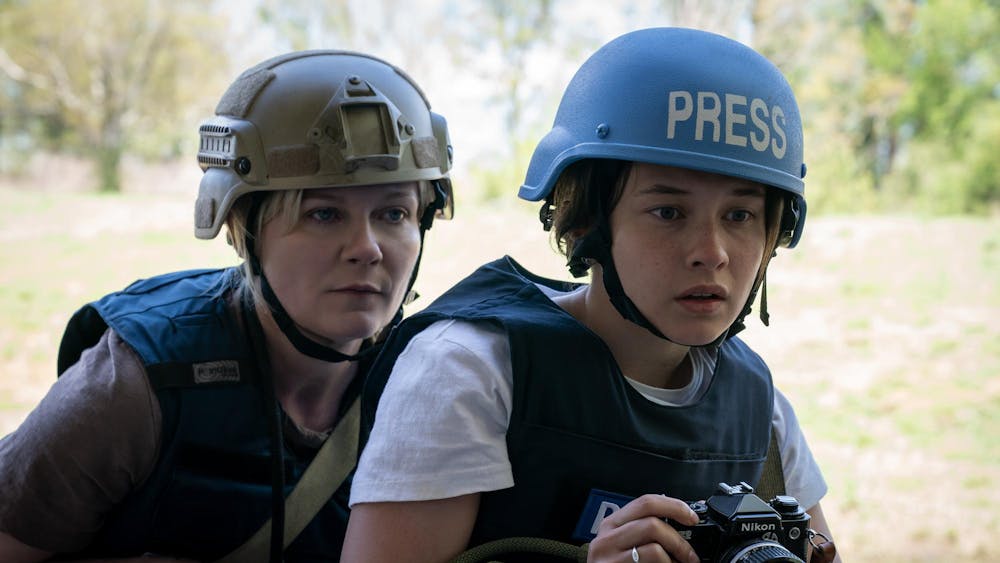In March I had the opportunity of a lifetime to attend South by
Southwest (SXSW), a film, music and interactive conference in Austin,
Texas.
I got the chance to see key players in the film industry, such as Kevin Smith, Lisa Kudrow and Joss Whedon.
While I stood in line for some kimchi fries (fries smothered in cheese
and Korean cabbage that was one of the best things I have ever eaten), I
started talking to Eliza Skinner, a writer, actress and comedian who
was participating in a SXSW panel.
Her panel was called “Evolution of the Douchebag in Modern Cinema” and made me think about the role of douchebaggery in cinema.
The role of the douchebag in movies has changed during the past few decades.
In some of the most popular blockbuster hits, there was a hero and a villain in almost every plot.
The villain always seemed to get what was coming to them, and if you look at
movies from the past few years, you will notice that some of film’s
greatest villains fell to their death: Hans Gruber from the first “Die
Hard,” the Joker in “Batman” and even
Scar from “The Lion King.”
The good guy won and the bad guy lost. It was the natural order of things.
It seems there are more and more douchebags in today’s cinema, with the absence of “the good guy.”
In 1996, “Jerry Maguire,” a story about a jerky sports agent who finally
gets over himself, was recognized by the Academy of Motion Picture Arts
and Sciences, and everyone knows Tom Cruise’s famous line — “You
complete me.”
In 2005, we flocked to the theaters to see “Wedding Crashers,” a movie
about two guys who take joy in fooling women into hooking up with them
at weddings.
In 2009, Bradley Cooper won the ultimate douchebag role as he played the
part of a sarcastic, plotting grade school teacher in “The Hangover.”
All of these movies with main characters being jerks all did extremely
well at the box office, with “The Hangover” grossing more than
$467,000,000 worldwide.
It seems today’s audiences are intrigued by, amused with and rooting for the
douchebag.
Somehow, being a douche has gotten more acceptable. What was funny about
this is that even Zach Galifianakis’ character in “The Hangover”
praised Cooper instead of treating him like the jerk he was.
While the characters are at the wedding, Galifianakis’ character turns and asks if his hair looks like Phil’s (Cooper).
Why are douchebags so attractive in today’s culture?
One of the reasons is because modern day cinema doesn’t treat douchebags
the same as it did 50 years ago. Lately, there is always one jerk in
the cast.
The douchebag isn’t exactly the villain.
For example, even though the storyline is a little obscure in “The
Hangover,” Cooper was the douche, whereas Mr. Chow was the villain.
Instead of making douchebags evil, ugly and doomed, modern day cinema
depicts them as mysterious, sarcastic, suave and attractive.
People want this type of allure. This is causing a modern day douchebag revolution.
It seems like douchebaggery is a fad, like modern punk rock.
Cinema sends the message to its audience that even if you act like a
douchebag, you will still be successful, and hey, you probably have a
better chance at getting the girl.
C’mon, I mean, when was the last time the nice guy got the girl?
— sarizzi@indiana.edu
Column: Evolution of cinema’s douchebag: Is douchebaggery the new punk rock?
Get stories like this in your inbox
Subscribe





